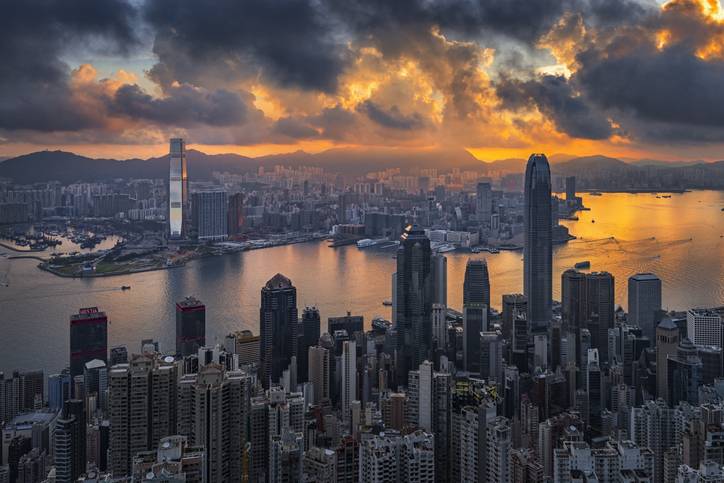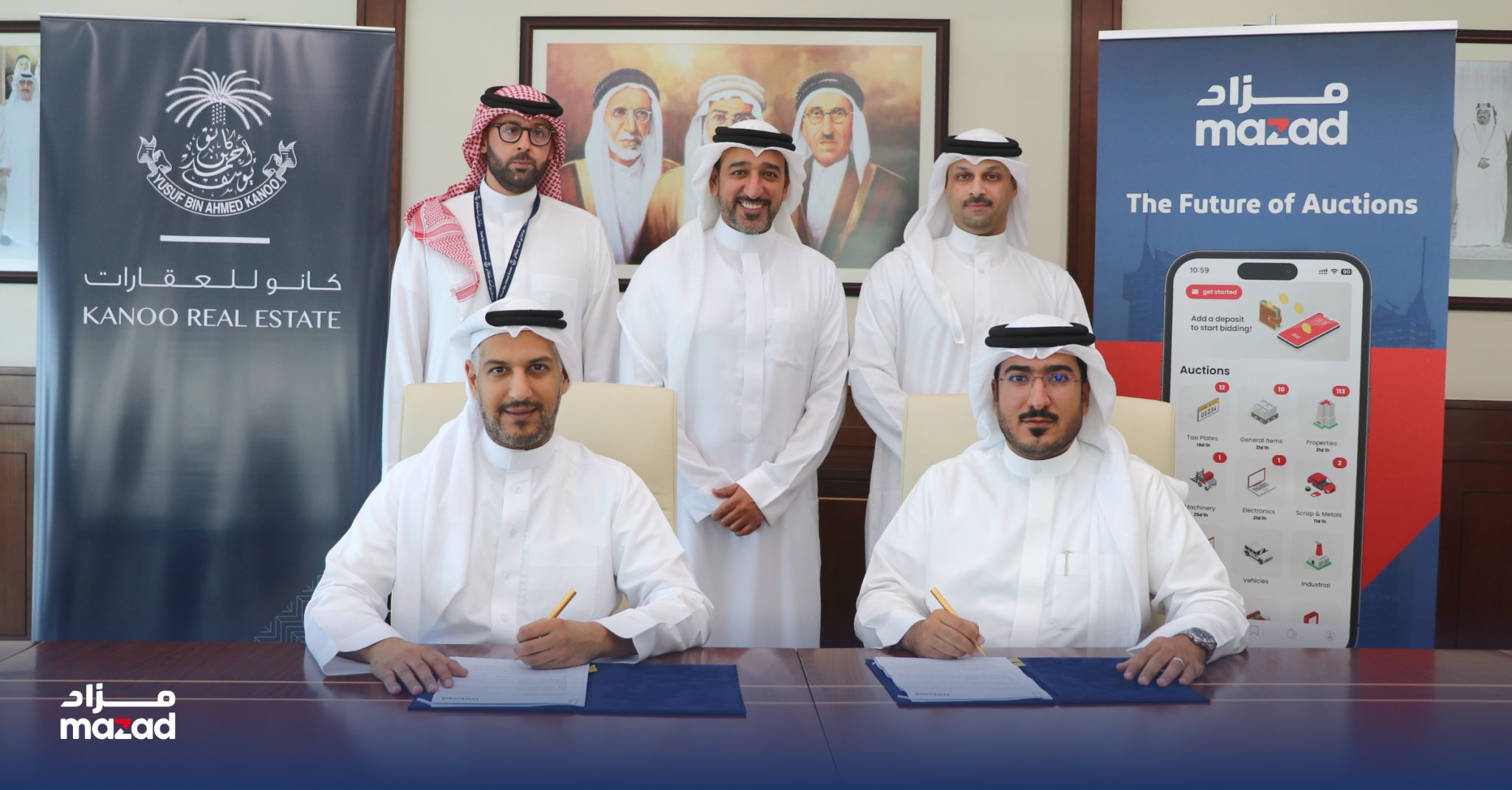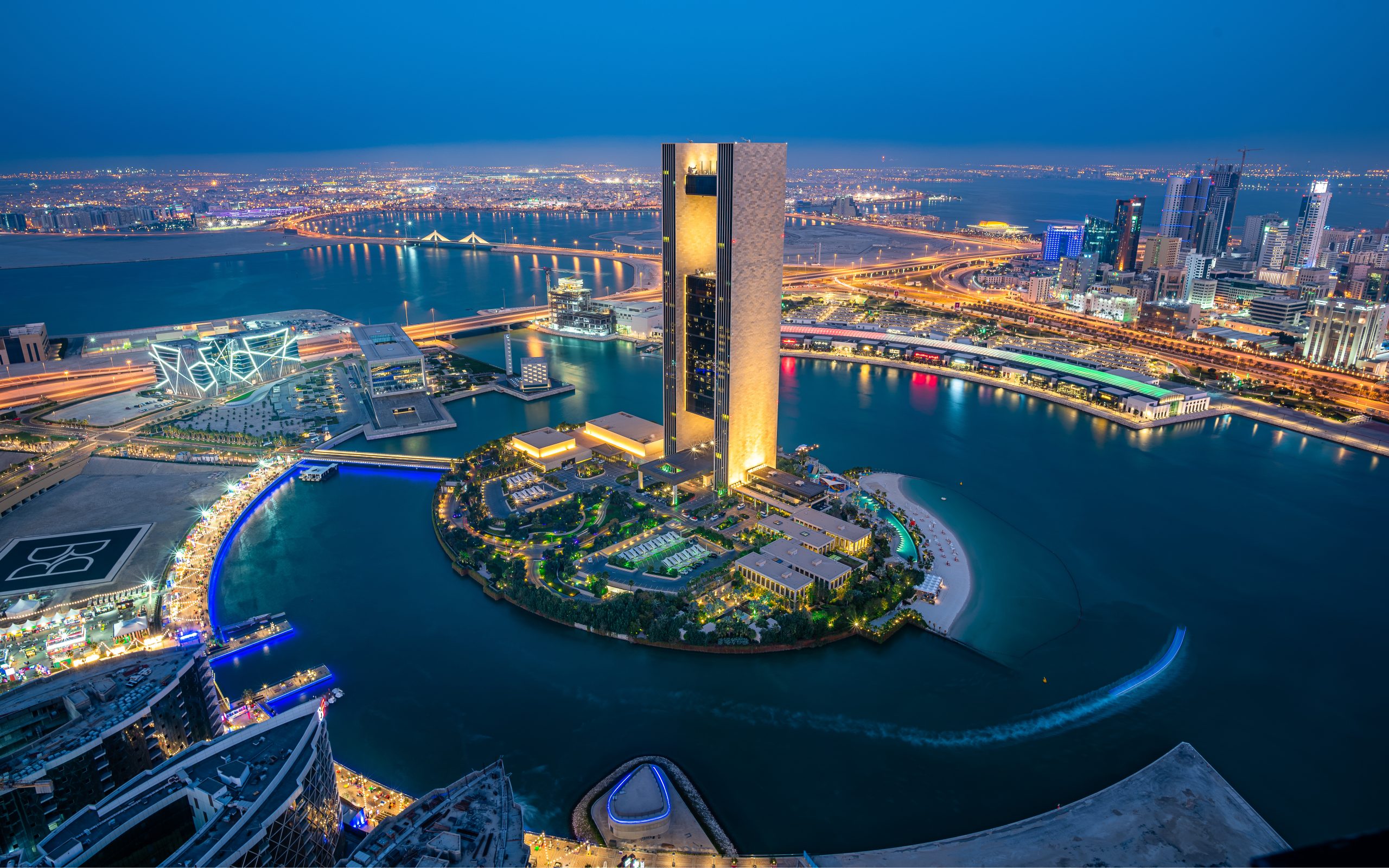ONE OF THE WORLD’S MOST EXPENSIVE LUXURY PROPERTY MARKETS IS BECOMING A LOT CHEAPER
Hong Kong’s superluxury homes have lost more than a quarter of their value. Prices haven’t hit the bottom yet.
China’s economic slowdown is wreaking havoc on Hong Kong’s luxury property market.
The most expensive homes in the city are changing hands at steep discounts to what they were worth just a few years ago. Chinese property tycoons, struggling to contain the fallout of their collapsing business empires, have become forced sellers. Bank lenders are seizing properties after luxury homeowners miss loan payments.
The average selling price of superluxury homes, defined as those worth more than the equivalent of $38 million, has fallen by more than a quarter since the middle of 2022, said Cherrie Lai, senior director and head of residential sales in Hong Kong at Savills. It will fall further this year as sellers accept reduced prices to cash out quickly, she said.
The slide in prices shows the fallout of China’s sputtering economy, which is suffering from deflation, slowing exports and moribund consumer confidence. A continuing real-estate slowdown in China is proving particularly painful, since the country’s big-spending property magnates were behind some of Hong Kong’s biggest luxury-property deals in recent years.
Hong Kong’s property market has also been squeezed by rising interest rates in the U.S. The Hong Kong dollar is pegged to the U.S. dollar, and the city’s de facto central bank matches Federal Reserve interest-rate increases. But the U.S. market has held up much better: Nine-figure home sales in places such as California and Florida have skyrocketed, and luxury-home prices in the top 5% of the U.S. market have soared over the past decade.
The luxury homes up for grabs in Hong Kong include three mansions linked to collapsed real-estate company China Evergrande, said Victoria Allan, founder of Habitat Property. Local media reported they were ultimately owned by Hui Ka Yan, the company’s founder.
The three properties, which are adjacent mansions on a hillside road known as Black’s Link, have been seized by creditors. House 10B was sold for about $115 million in 2019 but it is now valued by banks at roughly $55 million, said Allan. It has yet to find a buyer. The other two properties could be put on the market next month, she said.
Chen Hongtian, the mainland-Chinese founder of property-investment firm Cheung Kei Group, bought a luxury high-rise apartment occupying an entire floor in a building designed by architect Frank Gehry in 2015, paying about $49.5 million. It was later seized by a creditor, according to official records. In September, shipping magnate Kwai Sze Hoi bought the property for $53.4 million, records show, below what property agents said was a market valuation of about $87 million at the time.
Homes seized by creditors usually sell at a discount to market prices, property agents say.
A waterfront house at Residence Bel-Air, a luxury residential development, belonged to Mai Fan , the chief executive of Kaisa Group —another developer that defaulted as China’s property crisis widened in recent years. He acquired the house through a company called Million Link Development in 2017, corporate and land records show, at a time when property prices were still climbing. Receivers were appointed to handle the property in 2021 and sold the house the following year for about $46 million, according to the land registry.
In one of Hong Kong’s top sales in recent years, a local businessman sold his house for the equivalent of about $107 million last month, well below the initial asking price of $166 million, according to Savills. It is located on Hong Kong’s Victoria Peak, a mountaintop neighborhood that is home to business moguls and celebrities living in some of the city’s most expensive properties.
“China still has very wealthy people, but they’re a different group now,” said Victor Cheng, a realtor in Hong Kong. “They’re not the highflying property moguls but those who may not have made as much when China grew rapidly but whose businesses grew steadily.”
He said the new breed of luxury-home buyer in Hong Kong is cash-rich and less likely to load up on debt.
Some mainland Chinese homeowners have been forced or pressured to sell—often at around 20% below market prices—because they need cash to pay off debt, said Cheng. Some top executives from the mainland previously bought trophy homes and only used them occasionally without renting them out, he said.
Data analysed by online real-estate marketplace Spacious.hk suggest a tougher time ahead for luxury homes. The number of sale inquiries on the platform for homes priced at the equivalent of $10 million or above fell 45% in the past 12 months, said Spacious.hk Chief Operating Officer James Fisher. Inquiries for homes under $1.3 million and for those priced between that and $3.2 million fell by 8% and 25%, respectively.
The price index for private homes slumped to a seven-year low by the end of 2023, according to Hong Kong’s Rating and Valuation Department.
 Copyright 2020, Dow Jones & Company, Inc. All Rights Reserved Worldwide. LEARN MORE
Copyright 2020, Dow Jones & Company, Inc. All Rights Reserved Worldwide. LEARN MORE
Chris Dixon, a partner who led the charge, says he has a ‘very long-term horizon’
Americans now think they need at least $1.25 million for retirement, a 20% increase from a year ago, according to a survey by Northwestern Mutual
Kanoo Real Estate will provide access to its diverse portfolio of high-value assets and equipment
Mazad, a local portfolio company of Bahrain Mumtalakat Holding Company (“Mumtalakat”), is delighted to announce a strategic partnership with Kanoo Real Estate, a subsidiary of the Yusuf bin Ahmed Kanoo Group, one of the region’s leading business conglomerates.
Under this partnership, Kanoo Real Estate will provide Mazad with access to its diverse portfolio of high-value assets and equipment, enhancing Mazad’s asset inventory and solidifying its position as the premier auction destination in Bahrain and the wider Gulf region.
“We are thrilled to be partnering with Kanoo Real Estate, which is a part of the Yusuf Bin Ahmed Kanoo Group, a pioneer in the regional business landscape,” said Talal Alaraifi CEO of Mazad. “Their extensive asset and business portfolio will be invaluable as we continue to grow our network and bring even more exceptional offerings to discerning buyers and investors in Bahrain and beyond.”
This partnership is mutually beneficial, allowing both organizations to leverage each other’s established relationships and industry insights, thereby enhancing the reach, variety, and quality of Mazad’s auctioning services.
Commenting on the occasion, Mr. Talal Fawzi Kanoo, Chairman of Kanoo Real Estate said: “We are thrilled to collaborate with Mazad, to further elevate the auction experience in the Kingdom of Bahrain. Through this partnership with Mazad, who continue to set the standard in the auctioning industry, we aim to enhance the local auction market by offering some of the most sought-after essential assets through an exceptional auctioning platform.”
Meanwhile, Mr. Mohamed Abdulelah Al Kooheji, Chief Executive Officer of Kanoo Real Estate, stated: “We are proud to join forces with Mazad, a renowned pioneer in the auction industry. This strategic partnership allows us to curate an exceptional auction experience, offering top-tier assets to the local market through an innovative and user-friendly auction platform.”
Further details about the specific initiatives and plans under this partnership will be announced in the coming weeks.
Chris Dixon, a partner who led the charge, says he has a ‘very long-term horizon’
Americans now think they need at least $1.25 million for retirement, a 20% increase from a year ago, according to a survey by Northwestern Mutual





















